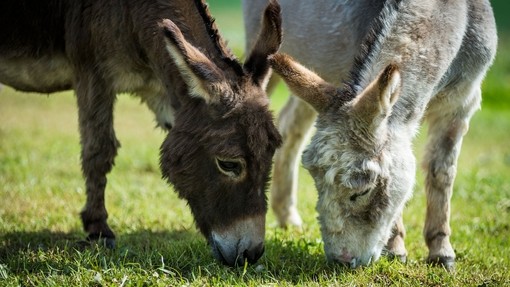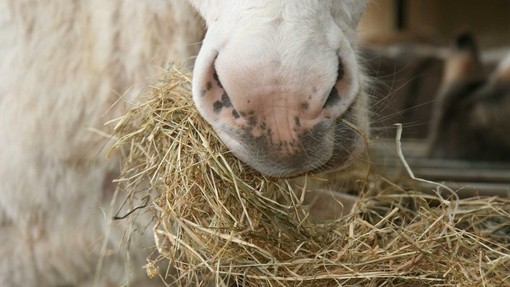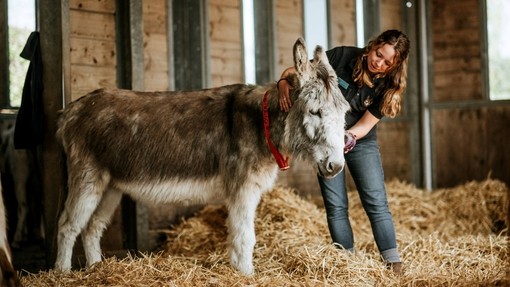Monitoring packs
In response to this project, we have produced the Quality of Life: Owner Monitoring pack. The pack contains two pads of assessment forms; one pad for you, the owner, and one for your vet, farrier or dental technician. The vet pad is self-duplicating so your vet can give you a copy of their assessment. You can use this for your own reference and to share with anyone else visiting your donkey to provide care.
This can be purchased from our shop as part of the Donkey Owners Care Pack.
You can also download printable PDF’s of the assessment charts.
How to monitor your donkey
Fill the form in regularly (daily, weekly or monthly). Your observations will give a good indication of the health and, importantly, welfare of your donkey. They will make it easier for you to see signs of improvement or deterioration in your donkey’s quality of life. Discuss the findings with your vet, farrier, and dental technician.
Experienced professionals that have worked with lots of donkeys will know what to watch for and may notice some deterioration that is hard for you to spot when seeing your donkeys every day. It is also much easier for someone to help you to make judgements when they don’t have the huge emotional attachments that you have for your donkey.
We have produced a similar assessment tool for your vets and other health professionals. This may help with treatment decisions.
These records will allow you to have an informed and objective discussion with your vet if the welfare of your donkey becomes compromised (such as when painkillers no longer control your donkey’s arthritic pain). The aim is to help you recognise when the time has come to say goodbye, and to reduce your feelings of guilt.
Growing Old Gracefully is a film aimed at owners of older donkeys and provides advice and guidance on the specific care needs of donkeys that are aged over 20 years old and common ailments that may affect them.
End of life study
A three-year study into donkey and horse owner attitudes to equine end of life was coordinated by Advancing Equine Scientific Excellence (AESE) and supported by The Donkey Sanctuary and World Horse Welfare.
The project found that:
- Owners believe vets play an important role in supporting them when making the decision to euthanase their donkey at the most appropriate time.
- Owners and vets often conduct quality of life assessments on an informal basis. However, without recording this information, they cannot refer back to it when monitoring ongoing health conditions.
- There may be differences between an owner’s perception of quality of life and the factors assessed by a vet. Owners wanted to understand this and discussions with their vet were considered to be important.
- Owners asked for more information on geriatric care and quality of life assessment.




